Author(s)
Contents
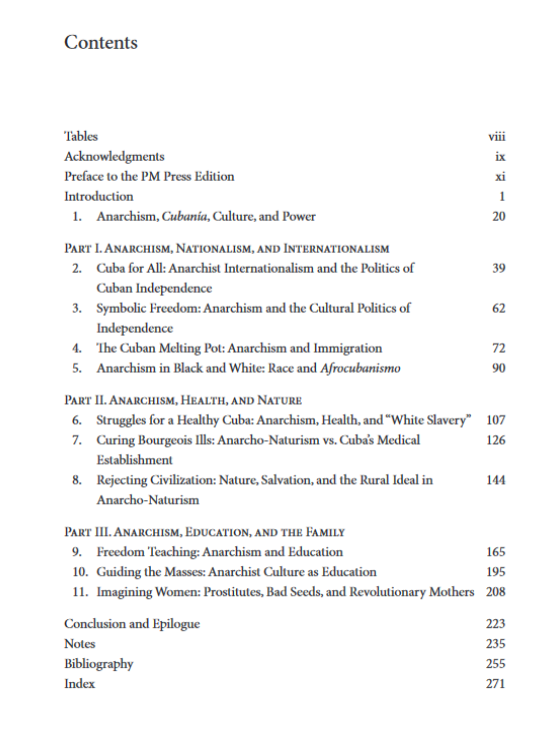
“By taking a sociocultural approach—an approach detailed later in this introduction and in chapter 1—this book arrives at three overarching conclusions.
First, when anarchists challenged the cultural, economic, political, and religious institutions, they did so not only during the eight-to fourteen-hour workday in the workplace but also through their writings, rallies, and alternative health and educational initiatives; anarchists challenged Cuba’s power holders throughout the rest of the day outside the workplace and inside the daily cultural milieu.
Second, this anarchist challenge reflected how the international anarchist movement operated within the context of a unique national situation in which Cuba’s political culture was shaped by the wars for independence, the U.S. occupations following independence, and the foreign domination of the economy. As anarchists engaged and criticized the larger hegemonic culture and created their own counterculture, anarchists modified the larger impulses and issues of international anarchism to fit the specific cultural, ethnic, and political realities on the island; thus, they “Cubanized” anarchism. As a result, one becomes aware of how anarchists, via their cultural critiques and initiatives, struggled to create their own specific sense of cubanidad (Cubanness).
Third, this study sheds light on Cuba’s leftist revolutionary heritage by illustrating an important but largely ignored early chapter of that heritage. In the early twentieth century, Cuba’s anarchists played important roles in shaping the Cuban Left by agitating for not only labor reforms but also socialist internationalism, worker-initiated health reforms, radical education, revolutionary motherhood, and gender equity while rejecting the political system, capitalism, and religion.”
Kirwin Shaffer
Leave a comment below with a valid email adress (it will not be published) to request this book.
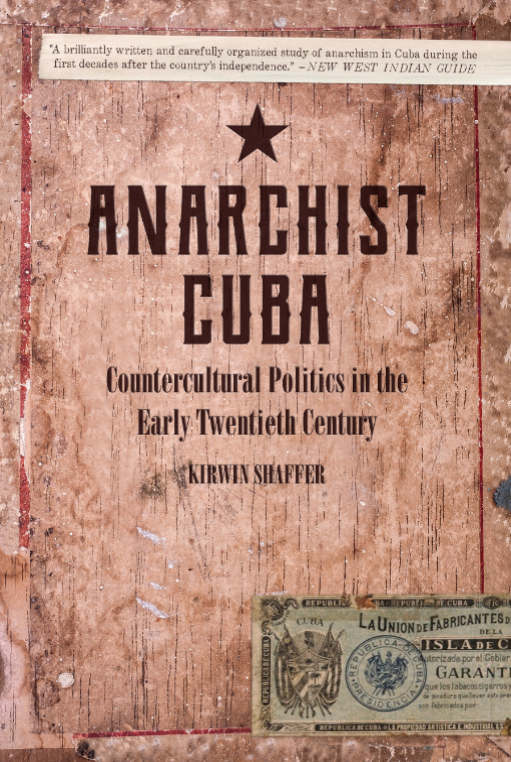
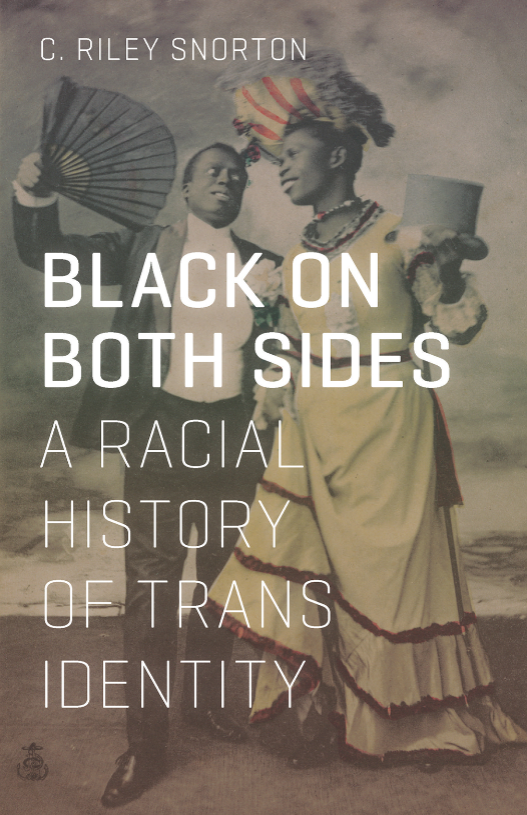
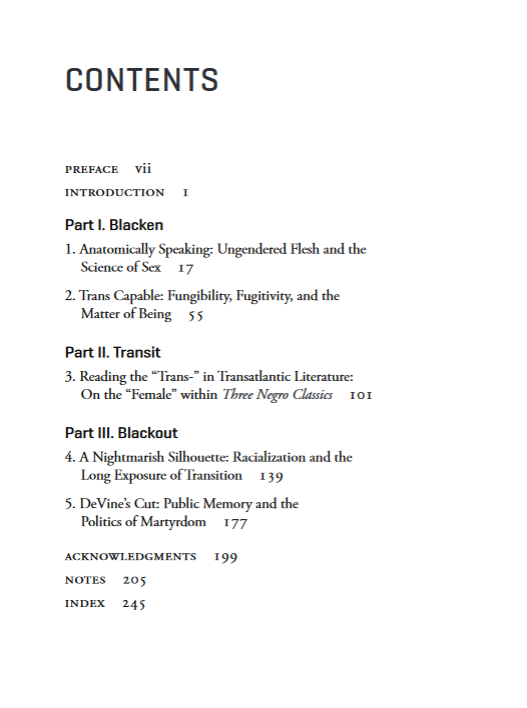

 Snorton, C. Riley
Snorton, C. Riley 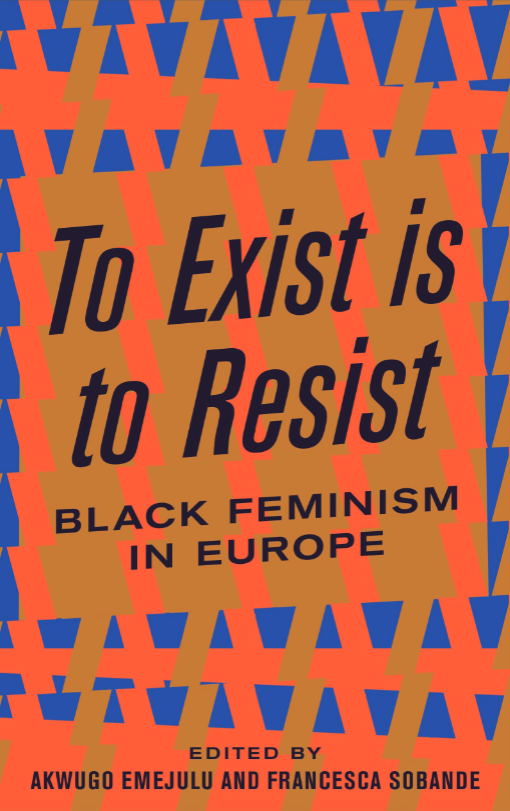



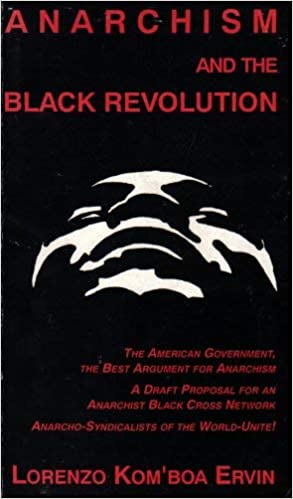
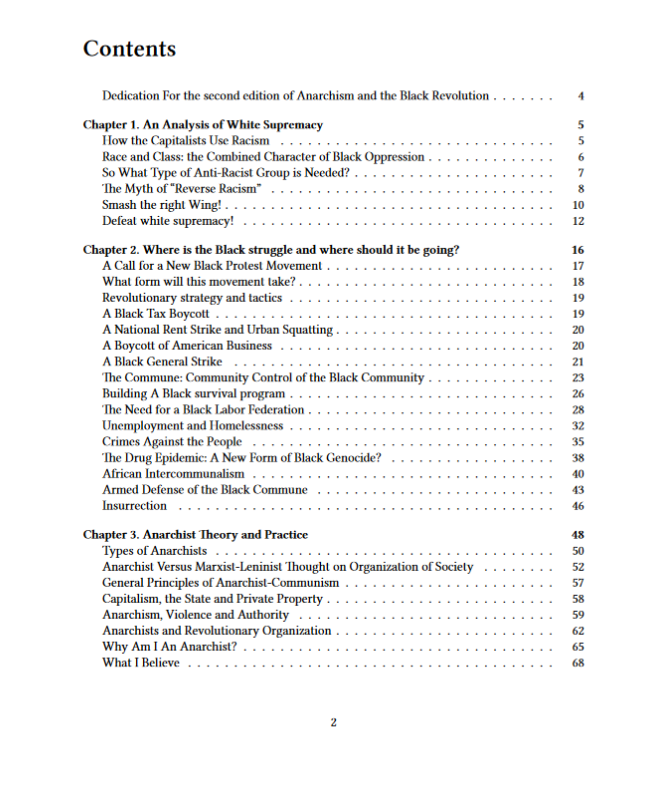

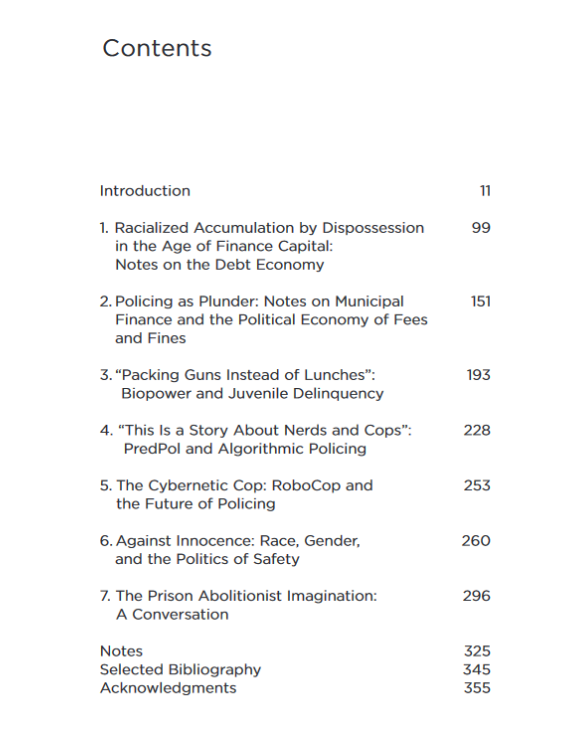

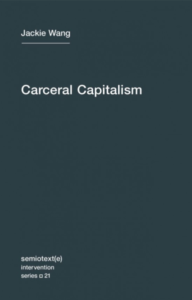 Carceral Capitalism (2018)
Carceral Capitalism (2018)  Wang, Jackie
Wang, Jackie